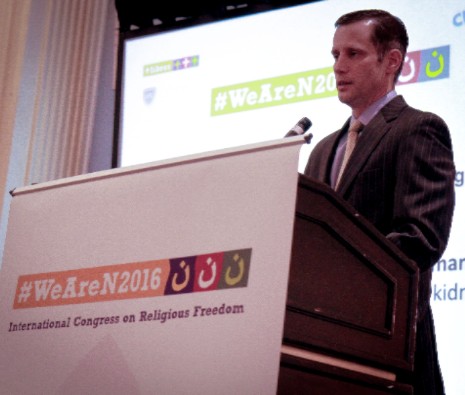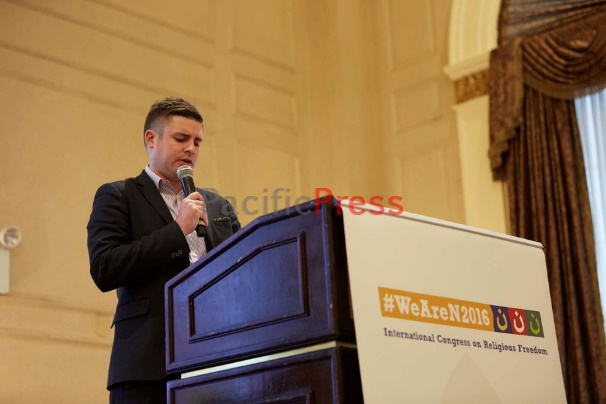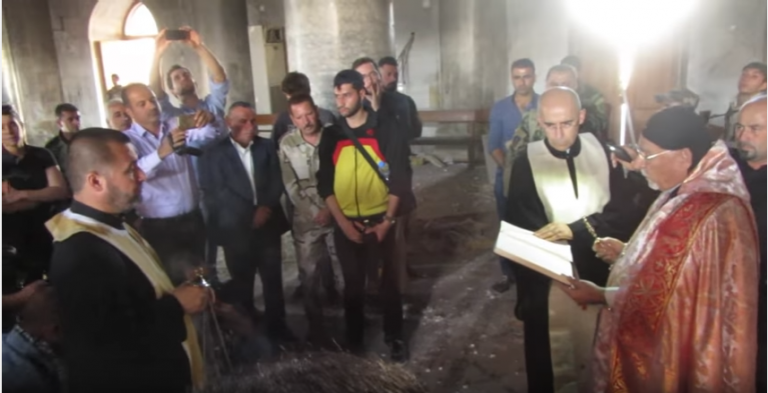Dear IDC Supporters,
Today is World Refugee Day, observed every year on June 20.
According to the U.N. Refugee Agency, by the end of 2016, more than 65 million people worldwide were forced to leave their homes due to conflict and persecution. That’s an average of 28,300 people per day, almost 20 people every minute.
Lebanon is hosting more refugees proportionally than any country in the world. The Syrian refugees in Lebanon are suffering dire conditions and want to return to their homes. Lebanon is unable to accommodate a refugee population equal to nearly a half of its native population, resulting in exorbitant pressure on Lebanon’s resources. You can watch testimonies from the ground of the struggles of Syrian refugees in IDC’s latest short video on the refugee crisis in Lebanon here.
This is why Syrian refugees and Lebanon need your help!
Please call your Representative to co-sponsor H. Res. 252, introduced by Rep. Darin LaHood (R-IL) and Rep. Marcy Kaptur (D-OH), supporting the stability of Lebanon and the establishment of safe zones in Syria!
Please TAKE ACTION! Click HERE to write your Representative asking them to co-sponsor H. Res. 252 for the stability of Lebanon, the return of refugees, and the establishment of safe zones in Syria!
Lebanon has borne the largest share of the crisis created by Syria’s civil war. Lebanon is hosting more refugees proportionally than any country in the world—the people of Lebanon have shown great generosity in receiving more than 1,500,000 refugees from Syria, even as Lebanon struggles to accommodate a refugee population equal to nearly a half of its native population, resulting in exorbitant pressure on Lebanon’s resources.
Despite this, Lebanon has not only taken in these refugees during a time of political uncertainty, but has accomplished a smooth transition to a new government through a democratic election, protected the multi-party system, and worked to maintain a fragile infrastructure system to support the growing population. Lebanon has the highest percentage of Christians in the Middle East, and is a unique multi-confessional society and a model of pluralism in the region. Lebanon suffered from a brutal civil war in the 1980s that tore the country apart along religious lines and risks descending into sectarian chaos as a result of the Syrian refugee crisis, which would be to the detriment of U.S. interests in the Middle East.
Ending the Syrian conflict, which has claimed hundreds of thousands of lives and displaced millions, should be a foreign policy priority for the United States, and the establishment of safe zones would be an important step in that direction. These safe zones would protect Syria’s vulnerable civilian populations, particularly Syria’s Sunni Muslims, and prevent them from having to leave their country and live as refugees. The impoverishment and suffering of this community also risks further radicalization within Lebanon and destabilizing the country’s system of governance.







